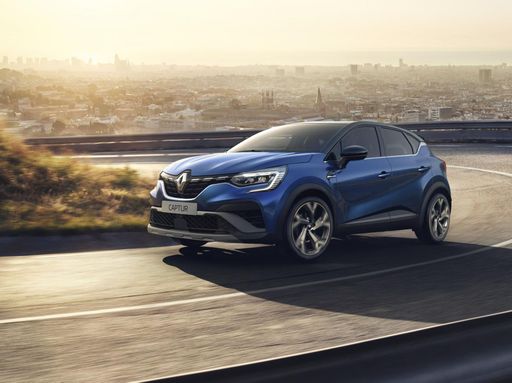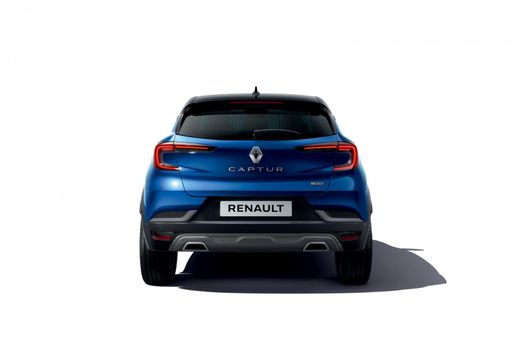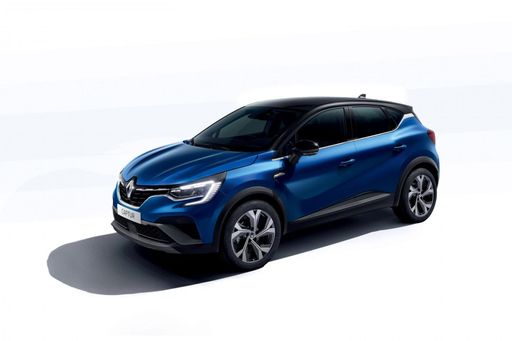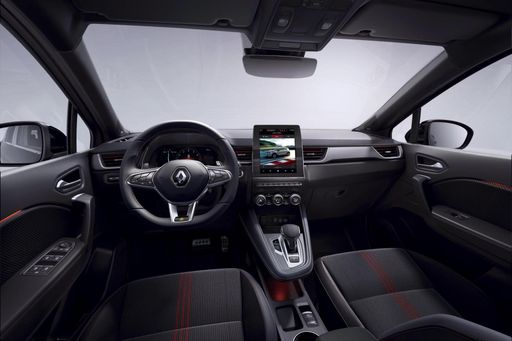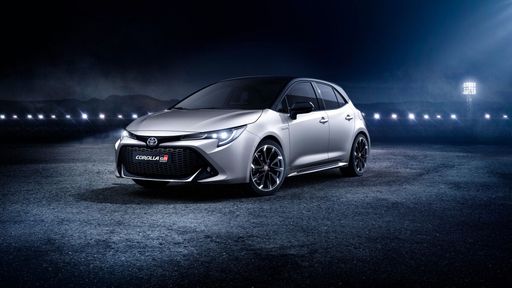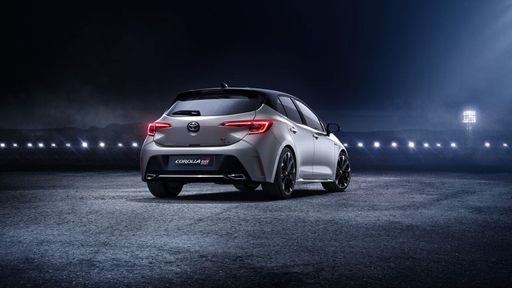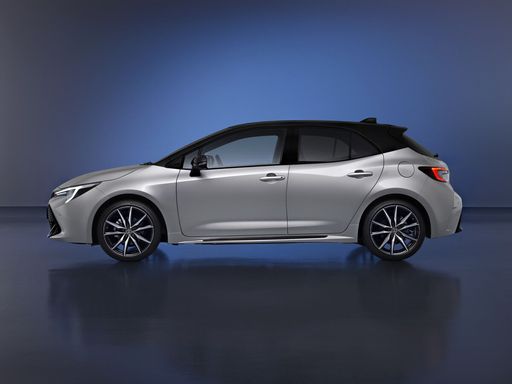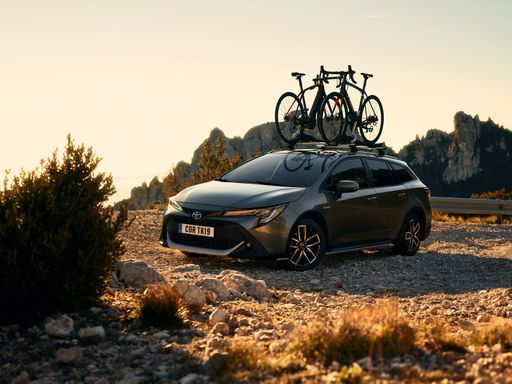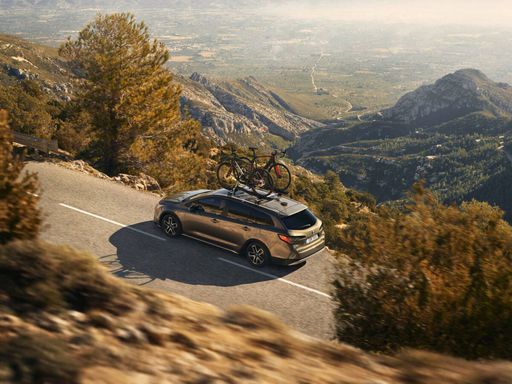Engine and Performance
The Renault Captur boasts a variety of engine configurations including Full Hybrid, Petrol MHEV, LPG, and Petrol. The power output ranges from 91 HP to 158 HP, supported by torque from 160 Nm to a robust 270 Nm. It offers a choice of automatic, manual, and dual-clutch automatic transmissions all paired with a front-wheel-drive system. Depending on the configuration, the Captur achieves 0-100 km/h in 8.5 to 14.3 seconds, with a maximum speed reaching up to 180 km/h.
Meanwhile, the Toyota Corolla is equipped primarily with Full Hybrid engines, delivering 140 HP to 196 HP with a torque output managed via a CVT automatic transmission. This setup privileges efficiency, contributing to a nimble acceleration of 0-100 km/h in 7.5 to 9.2 seconds, while maintaining a uniform top speed of 180 km/h. The Corolla's powertrain is designed to balance performance with eco-conscious engineering, achieving a low consumption rate of 4.4 to 4.6 L/100km.

